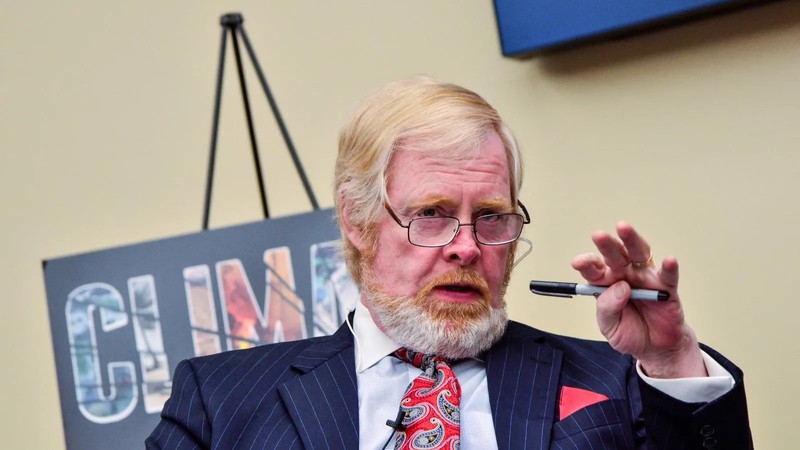US Ambassador-Nominee Brent Bozell’s Controversial Stance on South Africa
Introduction to Brent Bozell III
Brent Bozell III, the US ambassador-nominee to South Africa, has recently made headlines for his provocative comments regarding South Africa’s foreign policy and internal matters. His statements reflect a significant challenge to the diplomatic landscape between the United States and South Africa, especially concerning Pretoria’s ties with countries like China, Russia, and Iran.
Challenging South Africa’s Geopolitical Alliances
In his recent appearance before the US Senate Foreign Relations Committee, Bozell expressed concerns over South Africa’s “geostrategic drift” toward US competitors. He made clear his intention to address South Africa’s growing closeness with these nations, which he perceives as a threat to US interests. This stance could alienate many in South Africa who view their non-aligned position as a critical component of their foreign policy.
Opposition to Land Expropriation Policies
Bozell did not shy away from discussing sensitive internal issues, particularly land expropriation without compensation—a topic that has been heavily debated in South Africa. His vocal opposition to this policy signals a willingness to interfere in domestic matters, which political analysts like Goodenough Mashego argue sets him up for failure in a country that fiercely guards its sovereignty.
Ignoring Local Context
Mashego warns that Bozell’s approach may be overly ambitious, suggesting that he underestimates South Africa’s resilience and capacity for self-determination. The former South African ambassador to the US, Ebrahim Rasool, was expelled from the US for making what could be considered an unwelcoming comment about an American leader. This sets a precedent that could backfire on Bozell should he attempt to push his agenda too aggressively.
The Response from DIRCO
The South African Department of International Relations and Cooperation (DIRCO) has remained diplomatically neutral regarding Bozell’s remarks. Spokesperson Chrispin Phiri emphasized that DIRCO would refrain from commenting on the internal processes of the US Senate. This indicates a cautious approach, likely aimed at maintaining diplomatic relations while guarding against potential provocations.
Trump’s Proposal and the Racial Question
Bozell’s comments also touch on sensitive racial issues, including Donald Trump’s suggestion of offering refuge to white South Africans claiming racial discrimination. This has caused further friction, as it implies a call for actions that many view as divisive and potentially harmful. Analysts question whether such overtures will resonate with the broader South African public, given the complex historical context of race and land in the country.
Economic Issues and Trade Relations
On an economic front, Bozell seeks to advocate for US business interests, aiming to “level the playing field” for American companies in South Africa. With more than 500 US businesses operating in the country, employing over 250,000 South Africans, the stakes are high. However, his criticism of Chinese involvement in local infrastructure and technology sectors could further complicate trade relations.
Views on South Africa’s Legal Actions Against Israel
Bozell has also criticized South Africa’s case against Israel at the International Court of Justice, which accuses Israel of committing genocide in Gaza. He aims to urge Pretoria to withdraw the case, framing it as a form of “lawfare.” This aspect of his platform may be particularly contentious, as South Africa positions its actions as grounded in international law and a commitment to human rights.
Implications for Bozell’s Term
Given these bold claims and controversial positions, analysts express skepticism about the longevity and effectiveness of Bozell’s tenure should he be confirmed. Many, including Mashego, argue that diplomatic success will require a nuanced understanding of South African politics and society, which Bozell’s statements appear to overlook.
As the situation evolves, it will be critical to observe how Bozell navigates these complex and sensitive topics, and whether his approach will resonate with both the US Senate and the South African public. The intersection of diplomacy, race, economics, and international relations presents a challenging landscape for any ambassador, particularly one with such a contentious agenda.



